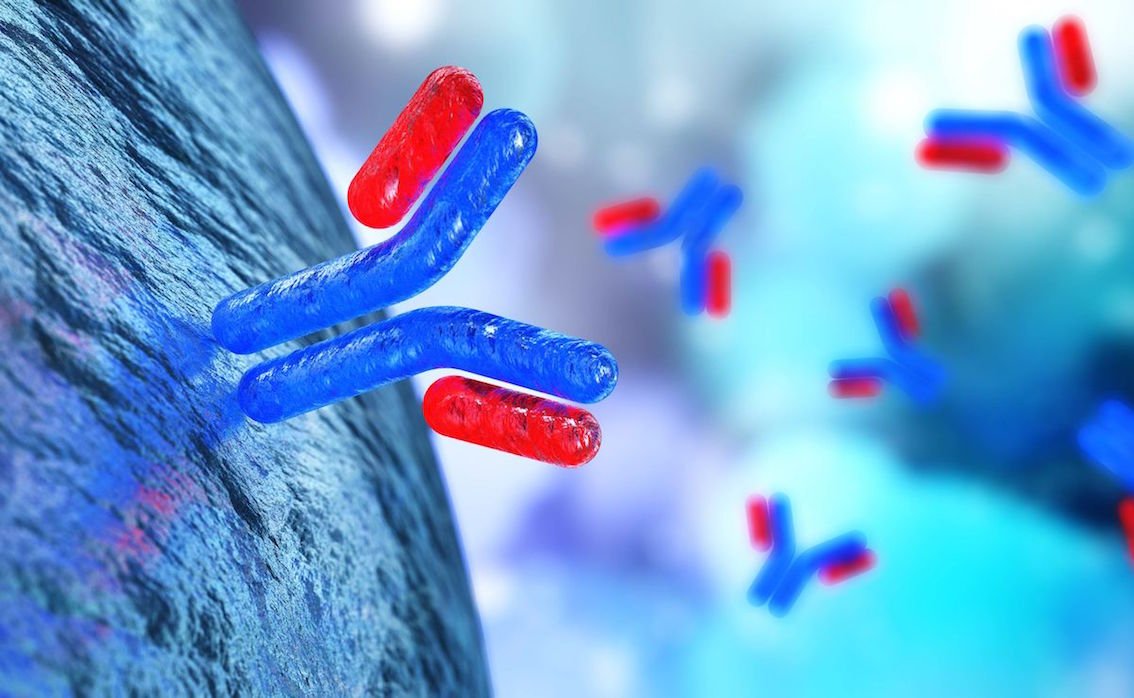
image credit- shutterstock
A research team from the Department of Biological Sciences and the Duke-NUS Medical School, National University of Singapore, has shown that the same antibody can neutralise both the Zika and the Dengue viruses in two distinct ways. This work involved a collaboration with Prof Ganesh Srinivasan who is now with the Pennsylvania State University.
The antibody neutralised the Zika virus by locking the virus and restricting its protein motion. In contrast, the same antibody neutralised the Dengue virus serotype 2 (DENV2) by distorting and enhancing its protein motion.
The researchers used a combination of cryo-electron microscopy (cryo-EM) and hydrogen/deuterium exchange mass spectrometry (HDXMS) to visualise and capture these morphological changes when the Zika and the DENV2 virus particles were bound by the antibody.
Moreover, the team found that the antibody exhibit preference for binding to its epitope sites on the DENV2 surfaces.
The ability of an antibody to induce large-scale viral structural changes has not been studied widely and the team seeks to further investigate the impact of virus particle distortion on efficiency of antibody-mediated virus neutralisation.




